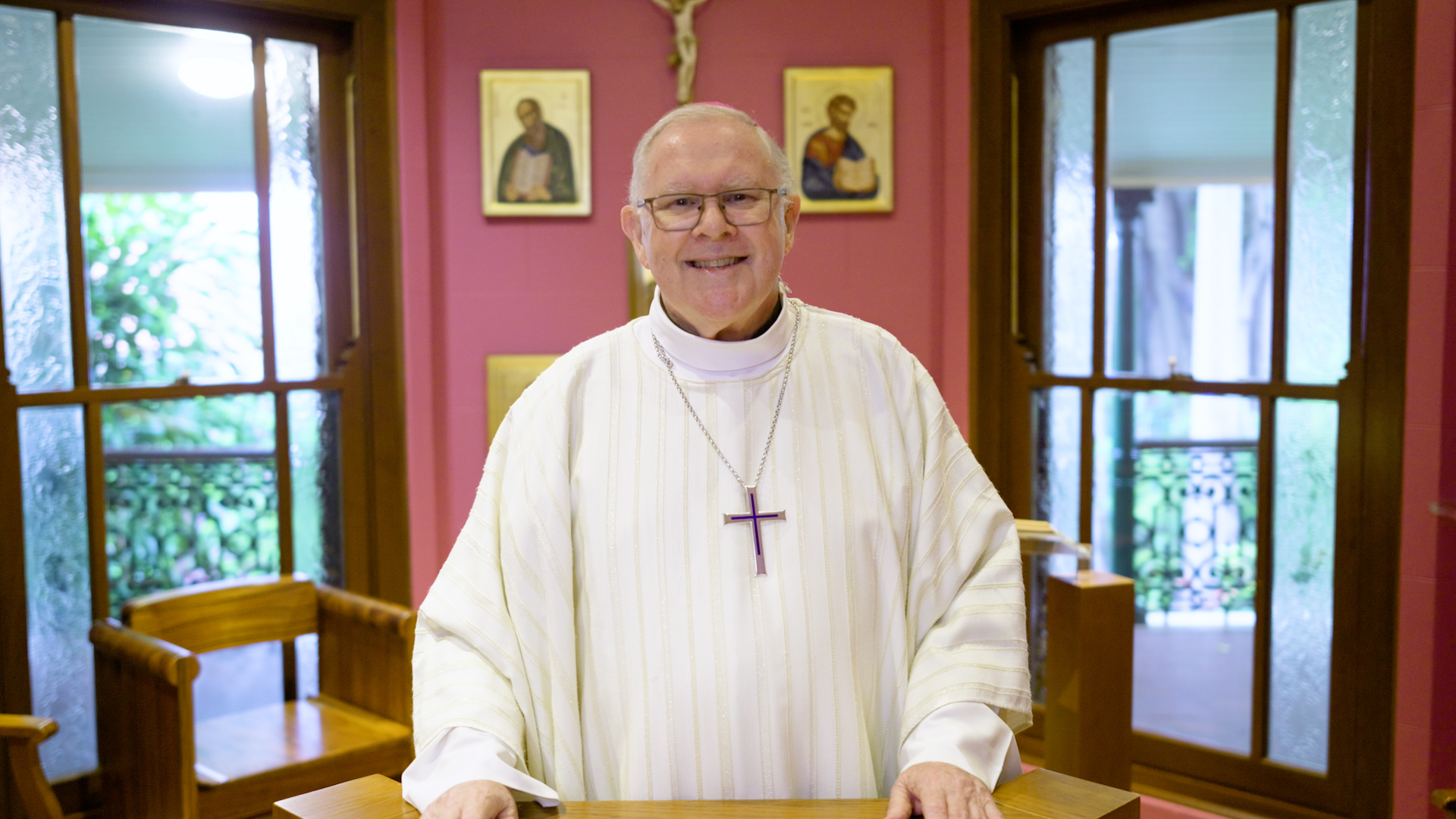The Gospels leave us in no doubt that the first witness of the resurrection was Mary Magdalene (Matt 28:1-10; John 20:11-18). But the Acts of the Apostles leaves us in no doubt that the first public witness of the resurrection was Peter (2:14-36). St Augustine once asked rhetorically, “Who does not know that the first of the apostles is the most blessed Peter?” (Commentary on John, 56:1). This doesn’t mean that Peter is first in power or prestige or position. It means he’s first in witnessing publicly to the resurrection of Christ, belief in which, according to Augustine, establishes the identity of Christians and defines their faith. It’s the rock on which the Church is built.
Therefore, as the Successor of Peter, the Bishop of Rome is to be the first public witness to the resurrection of Christ, first in proclaiming Christian identity and defining Christian faith. Whatever the historical panoply of the papacy and its changing form through the ages, that’s the unchanging heart of the Petrine ministry: always was, always will be. It’s why the Bishop of Rome stands on the balcony of St Peter’s on Easter Sunday and proclaims the resurrection to the world and why the Church at Easter time echoes the words of Luke’s Gospel, “The Lord has risen and has appeared to Simon” (24:34). It’s also why the first words of Pope Leo, when he appeared on the balcony of the basilica after his election, were not his own but were the words of the Risen Christ: “Peace be with you”. How right that was; it went to the heart.
A witness is one who has heard or seen something and who can speak of what they have heard or seen. Jesus says to Philip, “Have I been with you all this time, Philip, and still you do not know me?” The witness to Jesus is to be one who knows him, one who has seen him and heard him; and this is to be supremely true of the one who is to be the first public witness. Peter has to know Jesus; and the same is true of his Successor. Pope Leo must see the Lord and hear him; and that seeing and hearing must take hold of his whole being. That will be his fundamental qualification for the Petrine ministry, equipping him to be the prime witness to the hope born of Easter.
In the Acts of the Apostles, we have heard tell of the pivotal turn of the Gospel to the pagan world. Thanks largely to Paul, the early Church came to see that the Gospel of Jesus was not just for Jews but for everyone. They came to see that Christianity wasn’t just another Jewish sect but was a new and distinct intervention by God in Jesus for the sake of the world. So too the witness of Peter is not just for some – for Catholics or for Christians. It’s for the whole world, which is why the papal blessing on Easter Sunday is a blessing urbi et orbi, to the city and to the world. It’s for everyone – not just those in the Square or those following the livestream, but for absolutely everyone, especially the outcast and abandoned. No-one is excluded from the blessing, no-one is excluded from the hope. That’s why the election of the Pope is news not just for the city of Rome or for the Catholic Church but for the world, as we have seen so vividly in recent days.
At a time like this, when hope becomes more fragile and death seems to triumph over life, it’s hard to think of anything the world needs more than the witness of Peter. That’s why we give thanks today for the election of the new Pope and why we pray that the Risen Christ will strengthen Robert Leo as he strengthened Simon Peter, so that the Successor of Peter will strengthen us all in the saving faith of Easter. Amen.
